This past year marked the 25th anniversary year of our annual weekend retreat for parents of young and adult autistic individuals. This innovative family support activity has become a highlight of the year for us, and for many of the approximately 60 parents of autistic family members who join us each year, serving close to 500 mothers, fathers, and caregivers over the life of the retreat. Over the years, the parent retreat has taught us so much about the challenges and triumphs of raising an autistic child or supporting an older autistic family member as experienced by families of varied ethnic, cultural, and socioeconomic backgrounds. It also has enlightened us as to how an event that occurs over a 30-hour period once a year can have such a powerful impact on parents and caregivers, and ultimately on extended families. More than anything else, the retreat has demonstrated the profoundly energizing impact of providing parents and caregivers with an opportunity to step out of the demands and craziness of everyday life events and connect with a community of others with the experience of sharing their lives with an autistic person, and in some cases, individuals with or without autism diagnoses. The retreat provides a safe context for parents and caregivers to share their stories, joyful and humorous as well as frustrating and even agonizing, and know that they will be listened to by compassionate compatriots who share similar challenges and triumphs in their lives’ journeys. There also are many opportunities to take stock of the year, have fun, laugh, and cry, while being well-fed and cared for, lifting the burden of being the care provider that for some is a 24/7 commitment and necessity.
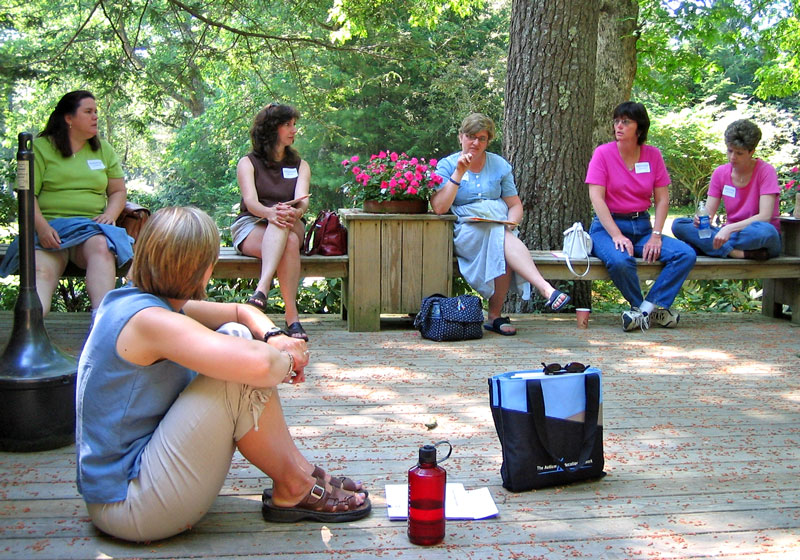
Moms sharing their experiences and feelings at the annual Reflecting on the Journey retreat
The Initial Inspiration
Almost 30 years ago, two of the authors, Barry M. Prizant, PhD, CCC-SLP (BP), and Elaine C. Meyer, PhD, RN (EM), began to reflect on the privilege and restorative benefits of having the opportunity to “get away,” enjoy nature, and break the stress cycle of life’s everyday demands during their annual hiking vacation. In our careers, our work has involved supporting families who experience a multitude of practical as well as emotional challenges related to raising autistic children and supporting adults (BP) or providing support for children with medical emergencies and chronic medical conditions (EM). We began to consider that such “getaway” opportunities were rarely, if ever, available to parents whom we met with on a regular basis, and who experienced moderate and often chronic levels of stress in their daily lives. We knew that our ability to “get away” provided us with a number of benefits: the opportunity to distance ourselves from everyday routines and to reflect on challenges that were embedded within these routines; the opportunity to reframe – that is, to develop a slightly different perspective on life’s challenges; to nurture and strengthen our relationship; and ultimately, the opportunity to emotionally “refuel” to be better prepared to deal with the inevitable stressors that we would be returning to that are part of the routines of everyday living. From these experiences sprung the commitment to create similar opportunities for parents and caregivers for whom such a “getaway” could not only be helpful but could fulfill an essential unmet critical need. We knew intuitively that offering such a retreat experience that was run primarily by professionals would come up short – the retreat needed to be developed and facilitated through a partnership with parents and parent-professionals who were highly sensitive and trained in meeting the needs of other parents, as well as partnering with autistic adults in facilitating retreat events. We (BP and EM) discussed the idea with a long-time friend, parent-professional, and colleague, Barbara Domingue, MEd, and a partnership was created with Community Autism Resources, a parent-established and run Massachusetts state-funded family support agency. Out of this commitment, the “Reflecting on the Journey” retreat was born.
Why a Retreat Weekend?
The need for a retreat was supported by our practical experience with parents as well as research on stressors impacting parents of autistic family members and the types of supports that parents perceived as most helpful. Common stressors may be directly related to the autistic person’s condition, such as challenges posed by the autistic family members’ difficulties in social communication and emotional regulation and co-occurring medical conditions, as well as the impact of the autistic individual’s disability on familial relationships, including siblings and extended family members. Others concomitant stressors include a sense of isolation, the need and difficulty in explaining autism to others, embarrassment in public due to reactions and misunderstandings of others, and fatigue due to sleep deprivation. Too often, parents and caregivers may experience feelings of “not doing enough,” uncertainty about the future, and are challenged by disorganized and bureaucratic medical and educational systems.
Helpful supports for parents include a good night of sleep, non-judgmental social and emotional support opportunities to talk with and establish relationships with other parents to share experiences, opportunities to relax, have fun, and not be “on call” all the time. Moreover, the retreat setting provides a safe context where others who share similar experiences naturally understand emotional reactions and the unusual situations that parents often find themselves in. We did not realize at the beginning how much the retreat would provide an “emotional opening” for parents, which ultimately required a high degree of sensitivity and attention to provide caring support for those parents whose emotions surfaced within the safe and compassionate environment, often to the surprise of the parents themselves, especially fathers. And for many parents, the retreat provides an opportunity to meet and learn from autistic adults whom we invite, and who receive an honorarium for participating. In recent years, we have had autistic parents of autistic children join as parent participants.
The Retreat Design and Format
The retreat was designed to provide a relaxing and supportive environment for parents or caregivers to reflect on, explore, and share the rewards and challenges of raising an autistic child. Initially, we did not have high expectations of the impact of the retreat experience. We thought if we could provide a brief “breather” for parents, that would be enough within a day-and-a-half format. The retreat needed to offer opportunities for rest and relaxation, discussion, social support networking, making new friends, and learning from and participating in fun activities with other parents. However, due to the fact that a great stressor on parents is a feeling of having so little control over events in their lives, we always emphasize in the welcome session that all participants should feel free to do what they felt they needed to do – attend sessions, take a walk or a hike with their partner, sleep in, read a good book – in short, whatever they felt would nurture and serve them best. We do urge parents to attend the opening welcome and orientation session where everyone is introduced and the philosophy and schedule of the retreat are reviewed. We also emphasize the importance of attending the closing circle, when we reflect on the retreat experience and, for some parents, reflect on the past year and prepare for the coming year.
We knew that the setting would be important, and we chose a retreat center in a beautiful, tranquil wooded country setting affiliated with the University of Rhode Island that has remained our home for most of the years. A weekend at a downtown Holiday Inn simply wouldn’t cut it!! We also knew that the format needed to be different from a conference or typical support group meetings run by professionals or family support agencies squeezed into one’s weekly schedule. The experience needed to be one of immersion and the atmosphere needed to be relaxed, casual, and accepting, in stark contrast to the parents’ everyday packed schedules, which often involve the stresses of caring for an autistic child or adult, and too often being judged by strangers in public situations or even by trusted friends and relatives. To support this “immersion” experience, we ask parents to commit to an overnight stay and attend from the opening welcome on Saturday morning through the closing circle and Sunday lunch in order to create an experience that had a natural flow and sequence from beginning to end and a full commitment to the experience.
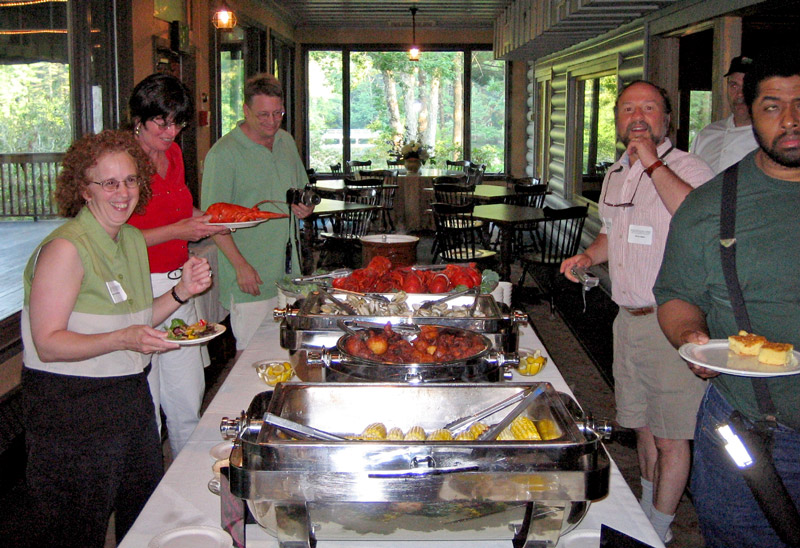
Being nurtured with good food and company
The “Nuts and Bolts” of the Retreat
The retreat draws 50-60 parents each year and the agenda follows a specified format that has evolved over the years, including the full group opening welcome session and closing circle and three discussion/activity periods (Saturday am, Saturday pm, Sunday am), each offering 3-4 concurrent 90-minute sessions of loosely structured, small discussion or activity sessions (each with one or two facilitators). Topics of the discussion/activity sessions have developed into three strands with many topics that we alternate from year to year:
- Issues related to the specific experiences and challenges of understanding and supporting the development of autistic individuals (e.g., communication and emotional regulation, nutrition and diets, identifying and building strengths and talents, Q&A with autistic adults);
- Issues related to personal experiences and family coping/adapting (e.g., dealing with agencies and schools, public encounters, family routines, issues affecting siblings and extended family relationships); and
- Issues and activities related to the importance of self-care and self-nurturance (e.g., yoga, meditation, massage therapy, aromatherapy, scrap-booking and outdoor team-building and trust activities).
Since the first few retreats, one of the clearest trends that has evolved is an ever-increasing involvement of “veteran” parents who have attended previous retreats suggesting topics and facilitating discussion sessions based on their experiences, expertise, and talents. As noted, a great addition to the retreat over the past 10 years has been the participation of autistic adults as guests and as session facilitators.
An essential nurturing aspect of the retreat is food and fun. The retreat includes five nutritious, delicious, and plentiful meals served buffet style at family-style tables of 6-8 persons, and fun activities including free time for recreation (hiking, hay rides, canoeing), social table activities (puzzles, pool, crafts), a wine/cheese/cocktail hour, and Saturday night entertainment, which has ranged from bands and DJ’s to movies to bonfires and games “like an adult summer camp!” as many parents have commented.
Parents who have attended range from experienced parents with adolescent and young adult children to those “new to it all” with recently diagnosed or very young children, or even parents of later diagnosed family members. Mothers and fathers, married and single parents, and parents without their partners attend. Over the years, some parents have returned annually to the retreat, others have attended many retreats but not each year, and some parents attend alone for one year and often come back with their partner in subsequent years. Each year we have a core group of “first-timers.” We estimate that we have directly touched the lives of about 500 parents in the 25 years of the retreat. With the support of a retreat Facebook group, there is a feeling of all past and new participants joining an extended family.
Initially, funds were provided through Massachusetts state seed grants and for many years since, funds have been raised primarily from proceeds from an annual autism conference as well as private foundation grants. 80% of costs are subsidized for most parents with a sliding fee scale, and parents with significant financial limitations may attend cost-free. Parents have attended from around the US, primarily from the Northeast states, from Canada, and from South America. To be clear, this is a retreat for parents and caregivers. When we survey parents each year about their interest in having arrangements for their autistic family member(s) to attend, approximately 80% consistently indicate “no” as they feel it would be a very different experience that would not serve the same purpose. Some parents who attend regular support meetings locally or virtually have indicated that the retreat weekend is a unique and very different experience from the episodic support meetings scheduled in the flow of everyday routines or community events such as autism fundraising walks or weekend social events for families. In recent years, we have added a training component in which teams of a parent and professional, who have committed to replicate the retreat in their geographic region, attend a full day training provided by the authors on the Friday abutting the retreat weekend. Team members then stay as participants for the full retreat weekend, providing the opportunity to first acquire the skills to plan and carry out a retreat and then have the lived experience of an actual retreat. This has resulted in the retreat being replicated in Canada and in the US.
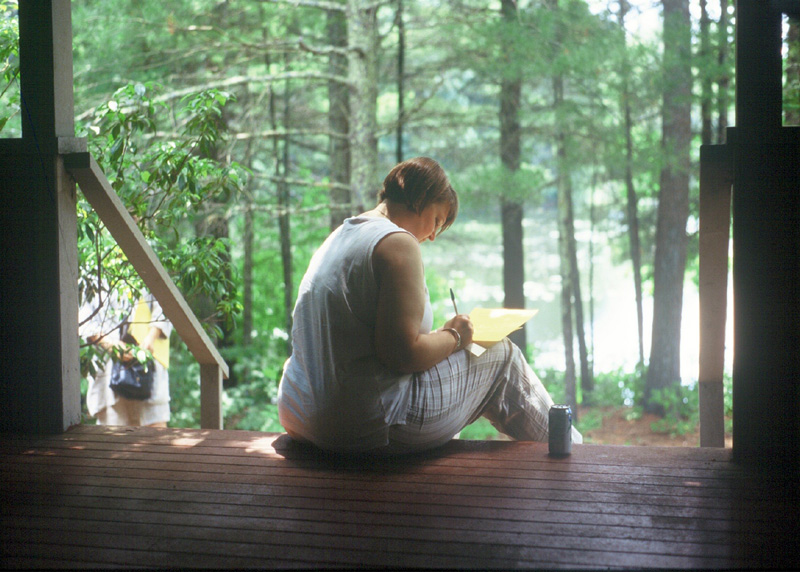
A note to self – reflections on the weekend
The Impact
Evaluation questionnaires and reflections voiced in the closing circle over the past 25 years suggest that the retreat has become far more than a weekend “breather” from the inevitable stress and challenges of caring for an autistic family member, often due to factors not specific to the autistic family member’s disability (e.g., disorganized educational and healthcare systems, judgmental attitudes in public, insensitive or poorly trained professionals). Parents report sustained long-lasting effects, and for some parents, remarkable benefits. Parents who have attended more than one retreat indicate that it provides them with an opportunity to regularly reflect on the challenges and successes of the previous year, strengthen their marriages and family relationships, and establish new relationships with other parents that often continue after the retreat. Additional reported benefits include deepening their understanding of the autistic experience, acquiring information about helpful resources to address everyday challenges, developing new self-help and coping strategies, and returning home with a renewed sense of energy and purpose. Parents who attend for the first time, especially those not yet connected to communities of support, report the remarkable sense of “I have found my tribe!” Feedback from parents include the following themes:
- Some parents note the retreat is the first time they were away overnight, including periods of up to 10 years since their child’s diagnosis. They learned they can be away overnight and everyone “will be OK.” In some cases, parents are seeking respite support from relatives or agencies for the first time.
- Many parents note that the retreat marks “our New Year” with an opportunity to move forward with new energy and new ideas.
- Parents who have experienced significant marital issues have noted that the retreat “has saved our marriage” as they are able to see that other families have similar stressors and challenges. Thus, they feel less isolated, are more motivated to seek support, and better understand how the experience of autism can affect marriages and family life.
- Returning parents report they “count the days” until the next retreat so that they can see old friends and refuel for the coming year.
- Parents who have never shared time with autistic adults report that their experience at the retreat provided a wonderful learning opportunity and great insight in understanding their family member’s experience.
- Almost all parents come away with new ideas and strategies, openly express their love for their autistic family member(s), and have the chance to reflect not only on the challenges, but how having an autistic family member has also had a positive impact on their personal growth and the life of the family.
When we discuss the retreat with professionals and parents around the country, we have learned that “Reflecting on the Journey” is a truly a unique and cost-effective model of support that has a broad-ranging impact on parents during and beyond the weekend. It truly is impossible to capture the emotional depth of the retreat experience in words, for both the retreat participants and the authors of this article, but we hope that this brief description of the retreat motivates parents and professionals to attend our training and retreat, and to create and seek out innovative family support activities.
Barry M. Prizant, PhD, CCC-SLP, is Director of Childhood Communication Services and Adjunct Professor at University of Rhode Island. Elaine C. Meyer, PhD, RN, is Associate Professor at Harvard Medical School. Barbara Domingue, MEd, is Former Executive Director and Founder of Community Autism Resources.
Listen to a podcast interview about the retreat by visiting uniquelyhuman.com/2021/12/17/retreat-weekend-for-parents-of-autistic-family-members. For more information about the annual parent retreat, please visit the Community Autism Resources website: http://community-autism-resources.com/annual-parent-retreat/.

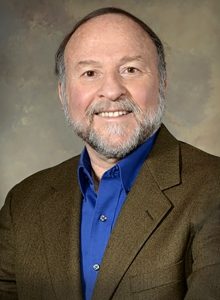
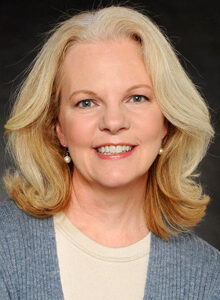
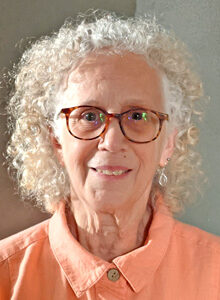



How do I sign up for this retreat?
Hi Mary – For more information about the annual parent retreat, please visit the Community Autism Resources website: http://community-autism-resources.com/annual-parent-retreat/.